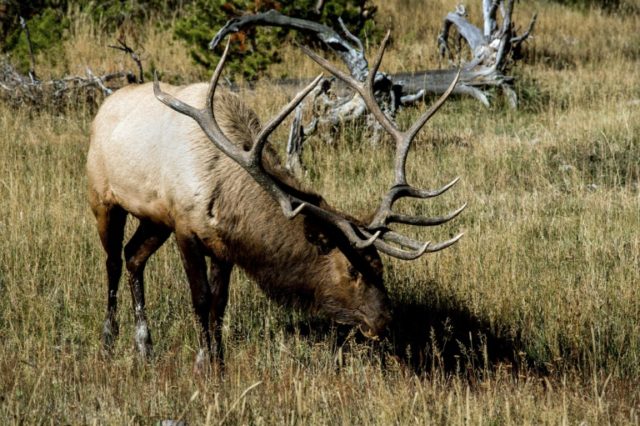Washington (AFP) – The US Supreme Court ruled in favor of a Native American man on Monday in a case involving hunting rights for the Crow Tribe.
The nation’s highest court, in a 5-4 decision, found that hunting rights extended to the tribe in an 1868 treaty did not expire after Wyoming became a state.
The case stemmed from the prosecution of Clayvin Herrera, a member of the Crow tribe, for off-season hunting and hunting without a license in the Bighorn National Forest in Wyoming.
During a January 2014 hunt, Herrera and several tribe members shot an elk in the forest in Wyoming, across the border from the Crow reservation in the neighboring state of Montana.
Prosecutors had argued — and Wyoming courts had agreed — that the tribe’s Wyoming hunting rights expired with statehood in 1890.
Herrera’s lawyers argued that the 1868 Treaty of Fort Laramie gave members of the tribe the right to hunt in both Montana and Wyoming.
The Supreme Court agreed, with conservative Justice Neil Gorsuch providing the decisive vote by joining the four liberal members of the court.
Gorsuch is the only member of the top court from the western United States and has been sympathetic to Native American rights in the past.
“The Crow Tribe’s hunting right survived Wyoming’s statehood, and the lands within Bighorn National Forest did not become categorically ‘occupied’ when set aside as a national reserve,” the court said.
The American Civil Liberties Union of Montana welcomed the decision.
“This ruling is a huge win for Clayvin Herrera, the Crow Tribe, and tribes across the country that entered into treaties with the federal government,” the ACLU’s Lillian Alvernaz said in a statement.
“On a practical level, this means that members of the Crow Tribe can continue to hunt on unoccupied lands like the Bighorn National Forest to provide sustenance for their families and children.
“This is especially important for the well-being and health of the Tribe because access to healthy food on the reservation is limited,” Alvernaz said.
“More broadly, through this decision, the Supreme Court held the federal government accountable to its treaty obligations and affirmed tribal sovereignty.”

COMMENTS
Please let us know if you're having issues with commenting.